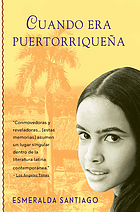Recommended by: Heather Whalen Smith, librarian
Call Number: PR4494 .M62 2007
At his death, Colonel John Herncastle bequests the Moonstone, a cursed diamond of great value stolen from an Indian temple, to his niece, Miss Rachel Verinder. The diamond disappears, however, the night after Mr. Franklin Blake delivers it to Miss Rachel. Who stole it? Was it the Hindu Indians that devoted their lives to recovering the diamond? Was it a guest at Miss Rachel's birthday party? Was it one of the servants? Franklin Blake devotes himself to the mystery of the Moonstone in hopes of winning Miss Rachel's affections. The story is narrated by multiple characters concerned with the disappearnce of the Moonstone.






